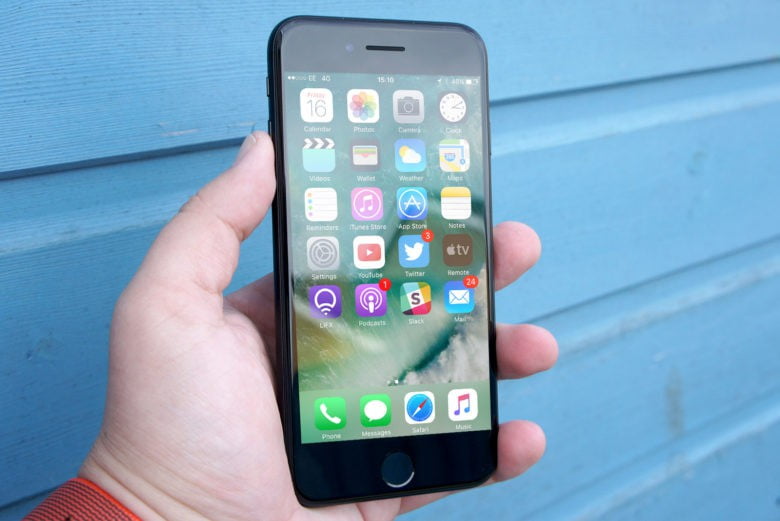

Relatives of four U.K. citizens who were killed by the driver of a truck as he used his phone while driving are campaigning for Apple to introduce a feature disabling drivers’ iPhones from working in the car.
“There is an epidemic of people using their phone at the wheel,” said Doug Houghton, who lost two of his sons in the incident. “And what do you do with epidemics? You cure them.”
Apple actually filed a patent for technology that would “lock-out” a driver’s iPhone back in 2008. However, it has never introduced it and, as far as the campaigners know, has no plans to.
Apple’s invention covered a device able to determine if a car is moving thanks to GPS, while seeing who is using it by activating its camera. In the event that this is the driver, the phone could then stop working (or, at least, block certain key features) until the car stopped moving.
While Apple has not introduced the feature, there are numerous third-party apps — such as TextBuster — which offer this functionality as relates to text messaging if you travel over a certain speed threshold.
What is different about the new demands, however, is that a) it makes the request of Apple, rather than third parties and b) it would make it unavoidable, rather than an opt-in service.
The family of the people who died in the fatal crash are saying that if this, “technology exists it should be compulsory.”
In a statement, an Apple spokesperson has said that: “We are strongly committed to helping users stay safe.”
While this does seem like the kind of thing that would be better solved by legislature than targeting one phone maker, Apple has previously shown itself to be ahead of the curve on socially-minded issues.
Speaking in 2014, Tim Cook said that Apple often makes decisions with social good in mind, rather than looking at everything from the perspective of return-on-investment.
Quite how people would react to an iPhone that watches you while you drive — particularly given Apple’s pro-privacy stance — is another question, though.
Would you like to see Apple take the lead by introducing a feature like this in a future iOS update? Leave your comments below.
[Source:-Cult of Mac]
